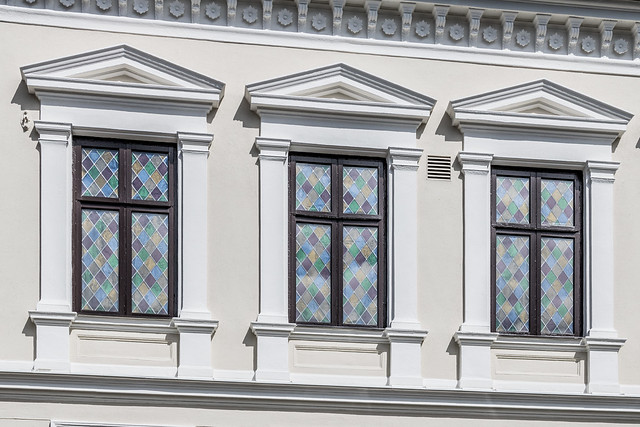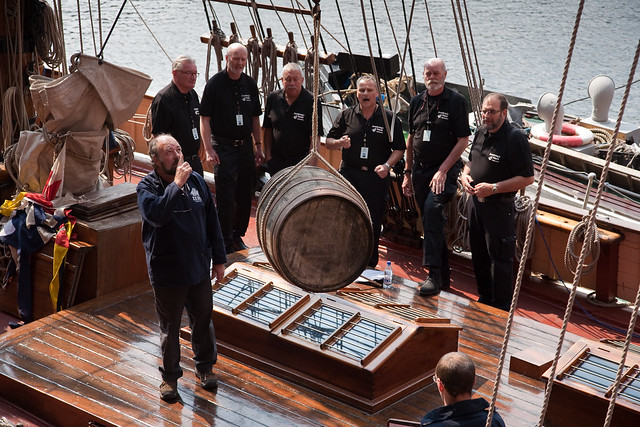Podcast: Play in new window | Download
There are three new language pages on Omniglot this week:
- Tukang Besi, a Celebic language spoken mainly in the Tukangbesi Islands in Wakatobi district of Southeast Sulawesi Province in central Indonesia.
- Chittagonian (চিটাইঙ্গা), an Eastern Bengali-Assamese language spoken in the Chittagong Division in southeast Bangladesh.
- Wolio, a Celebic language spoken in the province of Southeast Sulawesi in Indonesia.
There’s a new adapated script: Malay-Indonesian Cyrillic (Алфабэт Кирил Мэлайу-Индонэсиа), a way to write Malay and Indonesian with the Cyrillic alphabet devised by Naufal Rizky Rahardian.
There are new phrases and numbers in Kven (kvääni), a Finnic language spoken in northern Norway.
The mystery language in last week’s language quiz was Kven, and I’ve just posted a new Language Quiz.
There’s a new post on the Omniglot blog called Fighting Combs, about the Scots word fecht (to fight), and related words in Dutch, English, German, Swedish and Russian.
There are two new Celtiadur posts this week: one about Ale and Beer and one about Lakes and Ponds.
In this week’s Adventure in Etymology we find connections between Words and Verbs.
I made improvements to Maithili phrases page, which now has translations of all the phrases thanks to Binu V Nair of Languages Home.
In other news, I went to a folk music session on Tuesday night and spoke, and sang in, Welsh most of the time. We also spoke some Irish, German, Dutch, Finnish and English – just a typical night in Bangor.
For more Omniglot News see:
https://www.omniglot.com/news/
https://twitter.com/Omniglossia
https://www.facebook.com/groups/omniglot/
https://www.facebook.com/Omniglot-100430558332117
You can also listen to this podcast on: Apple Podcasts, Stitcher, TuneIn, Podchaser, PlayerFM or podtail.
If you would like to support this podcast, you can make a donation via PayPal or Patreon, or contribute to Omniglot in other ways.




